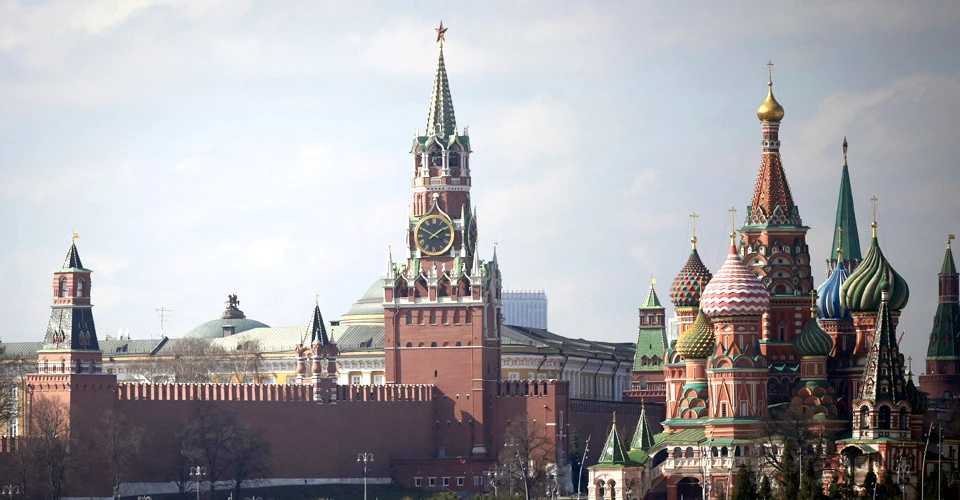
Russia intensifies subversive activities in Europe
US and allied intelligence officials are tracking an increase in sabotage operations in Europe, which they believe are part of a Russian campaign to undermine military support for Ukraine
The New York Times reports.
Rise in Russian-backed European sabotage
These covert actions, including arsons and attempted arsons at various sites like warehouses, factories, homes, and even an Ikea store, are aimed at disrupting arms transfers to Kyiv and fostering the perception of waning European support for Ukraine. Also, according to the outlet, suspected Russian operatives were arrested on charges of preparing attacks on US military bases.
Some targets seem unrelated to the war. However, security officials suspect Russia aims to instill fear, prompting European nations to bolster security in the weapons supply chain, increasing costs and delaying transfers.
NATO and European leaders warn of a threat that is growing. Estonian Prime Minister Kaja Kallas described Russia's actions as a "shadow war" against Europe. Polish Prime Minister Donald Tusk revealed the arrest of 12 individuals allegedly involved in "beatings, arson, and attempted arson" for Russian intelligence.
Norwegian Prime Minister Jonas Gahr Store emphasized Russia's "real and serious threat" following warnings about potential attacks on energy producers and arms factories in his country.
Amid concerns over sabotage, NATO ambassadors will convene next month to meet with Avril D. Haines, the U.S. Director of National Intelligence. Haines will provide an intelligence briefing on Russia’s war in Ukraine, alongside discussions on Moscow’s covert sabotage campaign in Europe.
While security officials did not disclose intelligence directly linking the sabotage to the G.R.U., American and British spy services have extensive infiltration into the organization. Prior to the Ukraine conflict, both nations released declassified intelligence revealing various G.R.U. schemes aimed at fabricating pretexts for Russia’s invasion.
Despite the G.R.U.'s reputation for risk-taking, U.S. and European security officials suggest that Russia is exercising caution with its sabotage operations. The aim is to attract attention to the mysterious fires without drawing direct blame.
Andrea Kenall-Taylor, a former U.S. intelligence official, said Russia’s plan might be to weaken European resolve. While that outcome may be doubtful, she said it was important for Europe and the United States to come together to respond to the sabotage campaign.
“Russia’s strategy is one of divide and conquer,” said Ms. Kendall-Taylor, now a senior fellow at the Center for a New American Security. “Right now, it’s not a very costly strategy for Russia because we are all responding separately. That is why it is important that over time, we collectivize the response.”
Hoping to do just that, British and other European diplomats have been pressing countries to call out Russian covert operations more aggressively.
Russia's suspected involvement in a March warehouse fire in London, linked to Ukraine's supply efforts, involved G.R.U. operatives recruiting locals via a Russian diplomatic building. Four Britons are charged, one aiding a foreign intelligence service. Britain expelled a Russian officer and closed diplomatic sites, including the G.R.U. center. Local recruitment aims to mask attacks as domestic opposition to supporting Ukraine, per U.S. and European officials.
Russia has a history of sabotage in Europe
Exemplified by the 2014 explosion of an ammunition depot in the Czech Republic, although Russia was not officially accused until seven years later. European nations expelled Russian agents after incidents like the poisoning of a former Russian intelligence officer in Salisbury in 2018 and Russia's invasion of Ukraine in 2022. According to Max Bergmann, director of the Europe, Russia, and Eurasia Program at the Center for Strategic and International Studies, these expulsions significantly hindered Russia's capacity to carry out attacks.
“There has been a lot of disruption of Russian intelligence activities in Europe,” Mr. Bergmann said. “That caused a pause, and Russian intelligence was consumed by the war in Ukraine. Now they have their footing back and are probably trying to build back up.”
Since the invasion, Russia has appeared intent on not expanding the war into NATO territory. But Ms. Kendall-Taylor said Russia wanted to undermine the alliance and its support for Ukraine.
In the first part of the war, the Russian military performed poorly, and its intelligence agencies were too distracted to conduct covert operations in the West. But with its recent gains on the battlefield and a rebounding military industry, it has dedicated more resources to covert operations.
“They want to take the war to Europe, but they don’t want a war with NATO,” Ms. Kendall-Taylor said. “So they are doing all these things that are short of conventional attacks.”
According to the publication, forging a proper response will be difficult. The United States and Europe have already imposed sanctions on Russia and expelled Russian spies.
- News











































